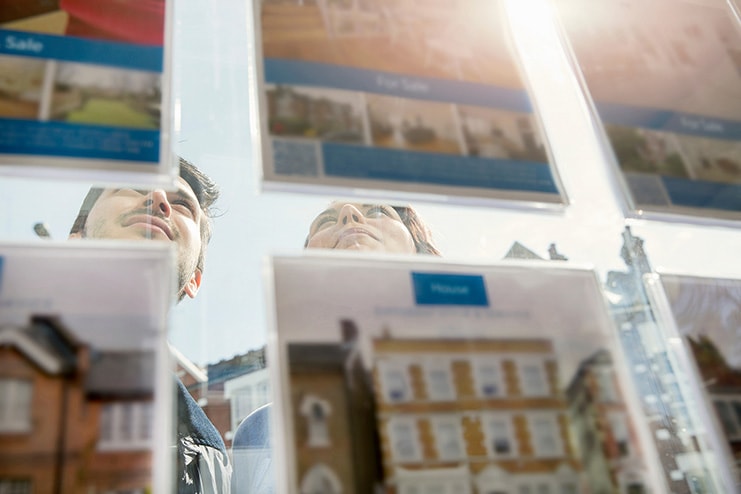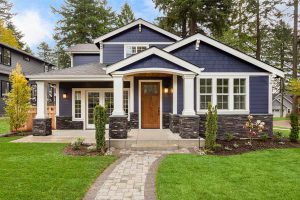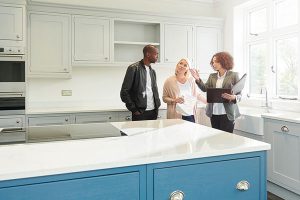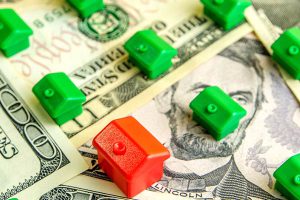Personal Finance Strategies: Buying Your First Home
Preparing to buy your first home is exciting, and while you’ll need to give some serious thought to making the leap from renter to owner, that initial planning pays off big time when it comes to your financial health. When you’re planning to buy your first home, use these tips to maintain your finances after closing the deal.
Care for Your Credit
Planning for homeownership starts years before you start looking in earnest, which gives you lots of time to make sure your credit score is in top shape. “To qualify for the best loans, you’ll want a score in the 700s or 800s,” says Abby Eisenkraft, EA, a financial advisor based in New York.
Achieving or maintaining these credit scores means making every payment on time, maintaining a low balance on your loans and credit cards, having a long credit history and a healthy mix of loans and credit cards. Keeping up with your credit also signals that you’re in good financial health, which is essential for home ownership.
Save, Save and Save Some More
It’s no secret that you’ll need to save money for the down payment and furniture for your new home. But making the leap to ownership also requires an emergency fund for security. When it comes to emergency savings, bigger is better. “There will always be something that goes,” says Eisenkraft, “so you have to plan for extreme.” Once you’ve saved up at least a year’s worth of expenses, you’re ready to consider homeownership.
- Get a consolidated view of your finances
- Know where your money goes
- Monitor your investments
Budget for Hidden Costs
Not every cost associated with homeownership is obvious — hidden costs can add up to thousands of dollars. Build closing costs, assessments and inspection fees into the budget for your down payment to avoid a potentially multi-thousand-dollar surprise. Eisenkraft also advises to take into account ever-rising property taxes, home insurance, flood insurance and other specialized insurance costs into your monthly housing budget to protect your investment.
Use personal finance software like Quicken Starter Edition to track your current expenses, as well as to create a tentative budget based on your anticipated mortgage and housing expenses after the move. This exercise identifies any spending that you can divert to your emergency fund and savings to help you reach your goal of buying a home. It also gives you an idea of how your budget will look after you’ve moved into your new home, and whether that budget will be sustainable on your current income.
Look to the Future
After closing the sale on your home, start budgeting for future remodels and renovations, even if you don’t want to make any changes right away. Even the smallest kitchen update can cost upwards of $10,000, according to Eisenkraft, and those costs can increase to $30,000 or $40,000 for larger projects, so you’ll need to plan ahead. While pricey, remodels pay off when you’re looking to upgrade, and can make the difference between a sale or no sale, she advises. Building these expenses into your budget puts you on the right track for financial health when you’re ready for your next home.
Quicken has made the material on this blog available for informational purposes only. Use of this website constitutes agreement to our Terms of Use and Privacy Policy. Quicken does not offer advisory or brokerage services, does not recommend the purchase or sale of any particular securities or other investments, and does not offer tax advice. For any such advice, please consult a professional.



